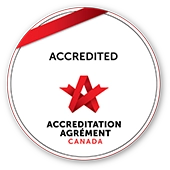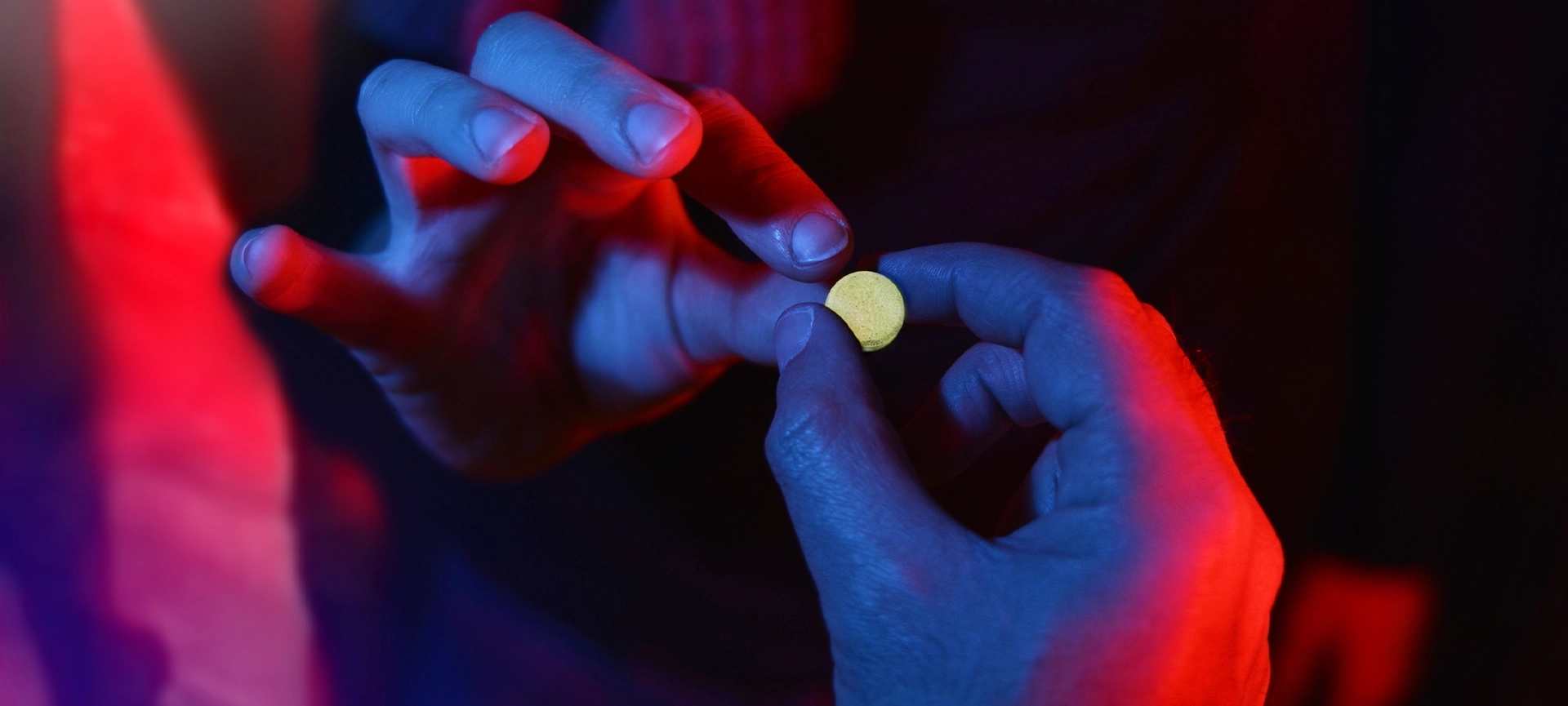Drug dependence or addiction on a certain substance is among some of the more complex areas when it comes to mental health. In many cases, addiction treatment can be challenging. There are also various factors to take into consideration in terms of addiction causes. The best drug addiction treatments will not fit all cases as well so there’s no one treatment to be used for all patients. In this post, we’ll try to answer the question of what are the various kinds of therapies for drug addiction? Hopefully, you’ll be able to learn about your options for drug addiction treatment.
Related article: Top Effective Drug Addiction Treatments You Need to Know
Knowing What the Signs of Addiction are
Alcohol and drug abuse is the inappropriate or excessive use of a particular drug or substance. Addiction can be quite difficult to define. Also, each of us has our own beliefs, values, and opinions when it comes to this topic. It can be that for some people, the use of illicit substances and getting high or wasted on it defines addiction. There are also others that define addiction based on the negative consequences that are brought about by drug or alcohol use.
Some of the signs of addiction include becoming sick or having injuries because of accidents like vehicular collisions when driving under the influence. This also leads to legal problems like being arrested. Addicts may also fail to meet academic, work, and social obligations. They may encounter problems with their relationships such as that with their partner, family, and friends. Drug or alcohol abusers may suffer from impulsivity as well as spending their financial resources excessively. As drug or alcohol users succumb to their addiction, they’ll have little interest in activities that they once enjoyed. These are just some of the signs of addiction.
Related article: Signs of Addiction
When Does Drug Abuse Become an Addiction?
Substance or drug abuse can lead to dependence or addiction. At this point, the amount of the drug or the substance and the frequency of how the individual uses it are increased. For people who become addicted to alcohol or drugs, they’ll feel that they can no longer control their impulses when it comes to using the substance. Most of the time, when they do try to stop or are unable to use the drug, they’ll experience uncomfortable symptoms of withdrawal.
For example, in alcohol use disorder, an alcoholic will become chemically dependent on the alcoholic beverage of his or her choice. If they stop drinking, they will fall ill. Many addicts may feel that they have developed a psychological dependence on the drug so they continue using it. Most of the time, illicit substances are used when a person is struggling with a stressful situation. Drug use is their way to deal with their problems.
Most drug addicts deny or are simply unaware that they already have a problem. There are times that the addiction is left hidden from their loved ones. One sign of drug addiction is an increased tolerance to the drug. When this happens, the individual feels the need to use more of the drug so that they can get the same intensity of the effects. An addict may also need to use the drug several times a day. This can lead to binge-using which can last for hours to a number of days. A drug abuser is definitely addicted to the substance when withdrawal symptoms are experienced when he or she can’t use the drug anymore.
Related article: What is Addiction? Understanding Addiction
What are the Reasons Behind Drug Addiction?
There are many reasons and factors as to why a person starts to use drugs and become addicted to it. There are physiological, social, biological, and psychological factors to consider in every case. Some or all of these factors can play a significant role in why a person starts to abuse a substance. If an individual’s family uses drugs, then he or she is more vulnerable to pick up the habit as well. As for social factors, a common example of a reason why people get into drugs is peer pressure.
In addition to all these, once an individual starts to use drugs heavily, there are physiological changes that happen and this is when he or she becomes physically dependent on the drug. Once addicted to the substance, a person feels the need to continually use the drug so that they won’t fall ill because of the withdrawal symptoms.
With alcohol use disorder, there is a trend that alcoholism usually runs in the family. However, not all of the children of an alcoholic parent would automatically become one as well. The studies on whether or not there is a genetic factor in alcoholism are still being conducted. Some scholars say that there’s a particular alcoholism gene that makes some people more vulnerable to being addicted to alcohol. There are also others that state that when a child witnesses his or her parent drink as a response to stress, then the child will most likely do the same as he or she grows up.
There have been studies that indicate that most of the individuals who have become addicted to alcohol or drugs also have mental health conditions. Among the population of people with mental disorders, about half will have some challenges when it comes to alcohol or drug use in their lives at one point or another. Drug or alcohol use is usually their way to self-medicate and deal with the problems they are experiencing.
For many people misusing substances, they often do this because they are trying to cope with events, memories, or experiences that overwhelm them emotionally. Whether or not they have the skill and knowledge to use the right coping strategies, people who abuse substances depend on the instant gratification that the substances can give. This is in contrast to the alternative which is having to face the problems that they have. Over time, dependence on a substance will just make any psychological or emotional condition worse. When a person self-medicates most of the time, then it may be time to consider therapy as a way to address any underlying difficulty or condition.
Kinds of Therapies for Drug Addiction Treatment
There are many kinds of therapies for drug addiction treatment. However, not one type can be considered to be the best kind there is because the effectiveness of the therapies varies from one patient to the next. There have been some studies that state that a combination of these therapies is better and can contribute more to the success of drug addiction treatment. Let’s take a look at the different therapies that recovering addicts can explore.
Individual Therapy
When you are in an inpatient rehab facility, what usually happens is that you’ll be under the supervision of a counsellor. It can be that for at least once every week, you will be meeting with the counsellor for about 45 minutes. Many programs for drug addiction treatment last for about three months where you will undergo individual therapy for 16 sessions. This particular time frame is the minimum amount of time that is necessary for you to achieve long-lasting results.
Counsellors have various ways of approaching each addiction case. However, for many counsellors, they prefer to use cognitive behavioural therapy or CBT. This is an approach that is solution-oriented. Its focus is on achieving sobriety and maintaining it.
During the first sessions of individual therapy, the counsellor will be assessing your motivations as to why you used drugs. He or she will then work with you on setting your goals. Your goals may include getting social support, managing stress without the use of drugs, and learning various coping skills for stressful situations.
Family Therapy
Addiction treatment is known to have better results if the recovering addict’s family and good friends can be involved in the recovery process. If the individual’s family won’t be involved in his or her treatment, then there’s a big chance that the recovery may be unsuccessful because the enabling and dysfunctional behaviours will still continue. It is important for family members to learn about drug addiction and how it impacts their family because everyone is affected by it.
Many addiction treatment experts highly recommend that counsellors use family therapy as a part of the treatment for addiction. With family therapy, each member can identify their resources and strengths which they can use to help their loved one who is using drugs. This kind of therapy can help a family to become more aware of their needs and also support the goal of making sure that the drug addiction problem will not move to the next generation.
Related article: Does Family Therapy for Addiction Work?
Group Therapy
Group therapy is when the counsellor gathers individuals who are facing similar challenges in their drug addiction recovery. The sessions are done in a safe and controlled environment where the participants can discuss their issues and share them with the group. In group therapy, the goal is for every participant to have a better understanding of their particular drug use disorder. At the same time, they can also give support to other members.
Many addiction treatment facilities make use of group therapy in their treatment plan. This is also done in combination with the two kinds of therapies mentioned previously which is individual therapy and family therapy. An individual may choose to attend meetings daily or once a week. It depends on their need and if attending more sessions will be able to help them more to stay sober and clean from drugs.
Related article: What is Group Therapy for Drug Addiction Treatment?
Final Thoughts
These three kinds of therapies can significantly help a person who is trying to recover from drug addiction. There are other types of therapies that recovering addicts can try. Some of them involve art, music, physical exercises, and so on. Choosing which kind of therapy to participate in will depend on your inclination and interests. The three mentioned above are just the core therapies that you should definitely consider because the sessions will not only help you but your family as well. Remember that your addiction does not only affect you but your loved ones. Therefore, their involvement is crucial in your recovery. And with group therapy, you’ll have the chance to support other individuals who are also recovering from drug addiction.






